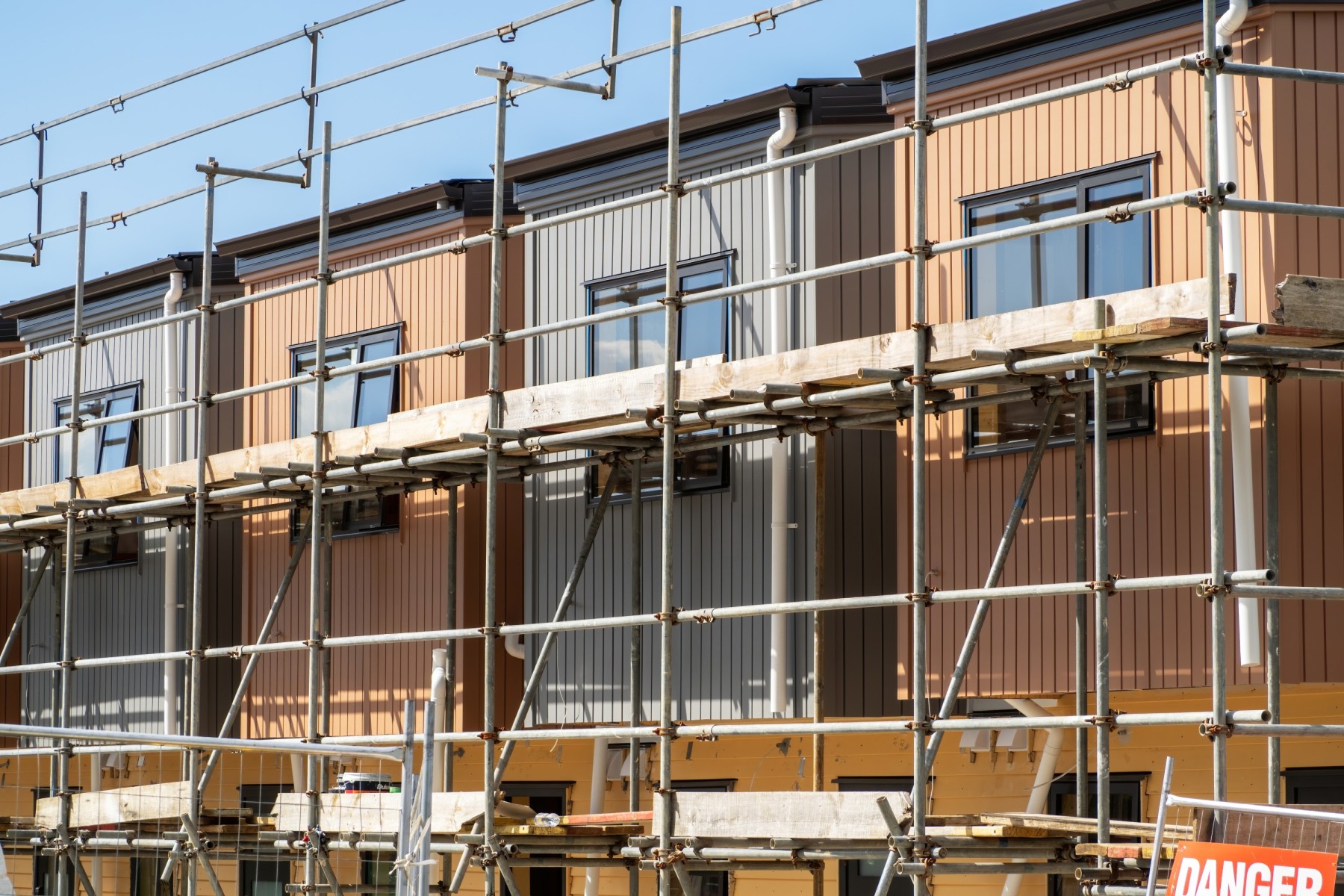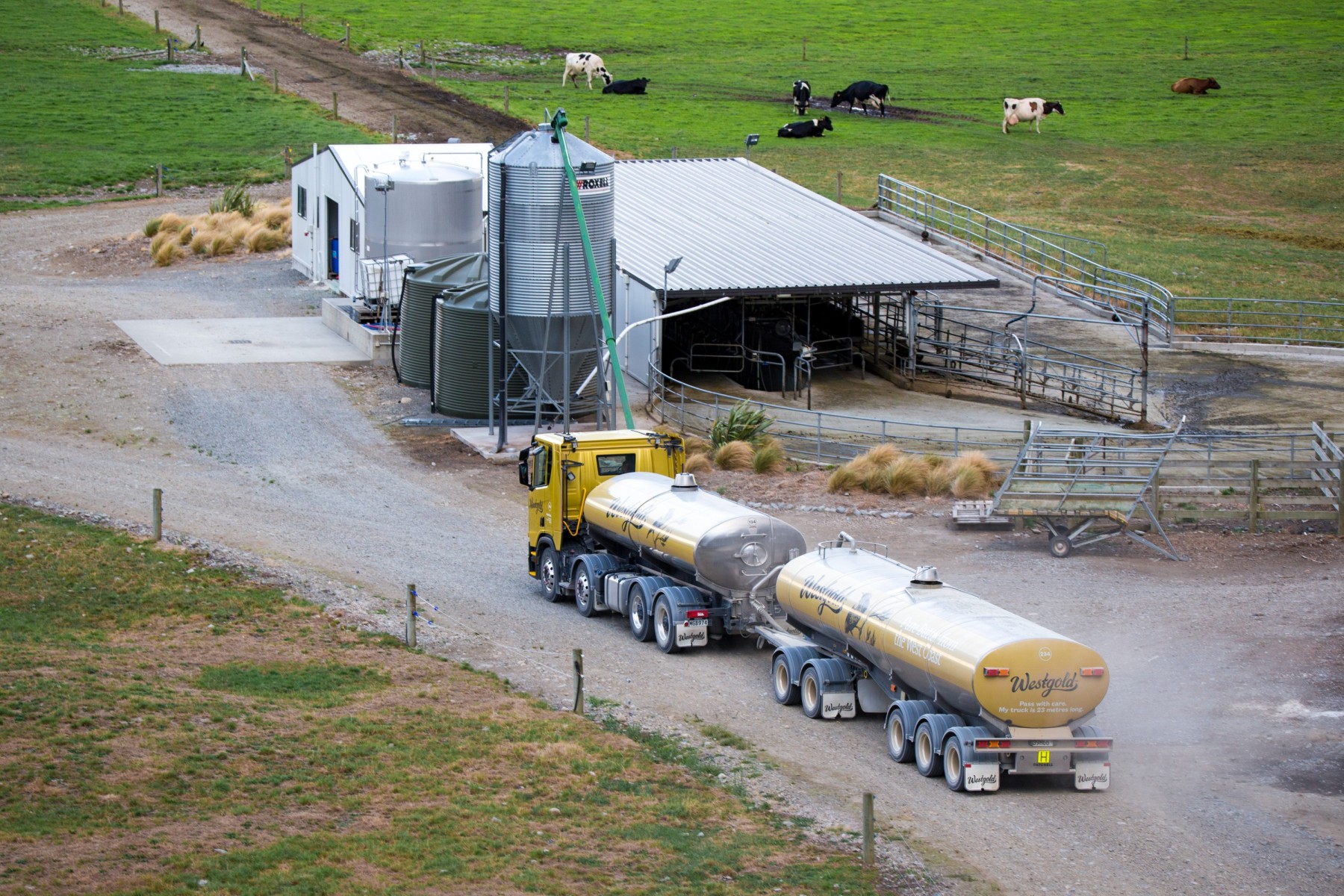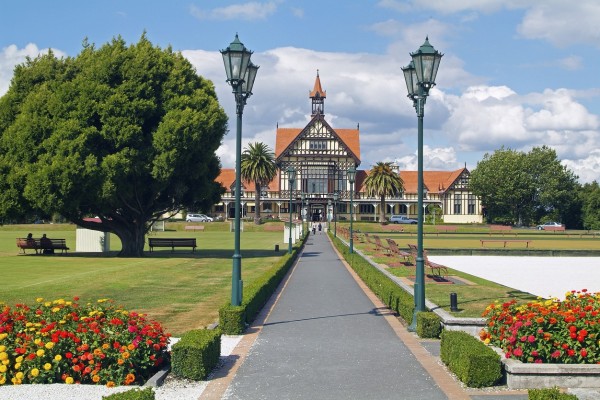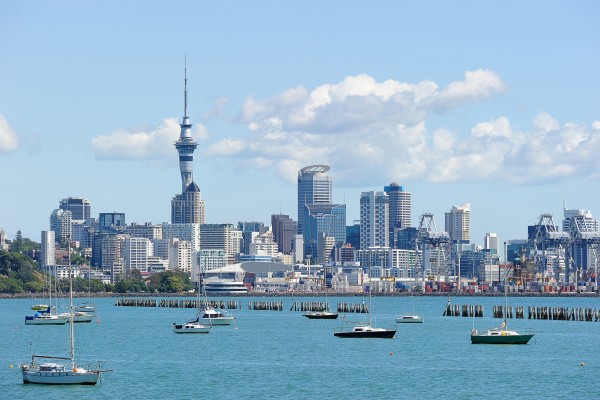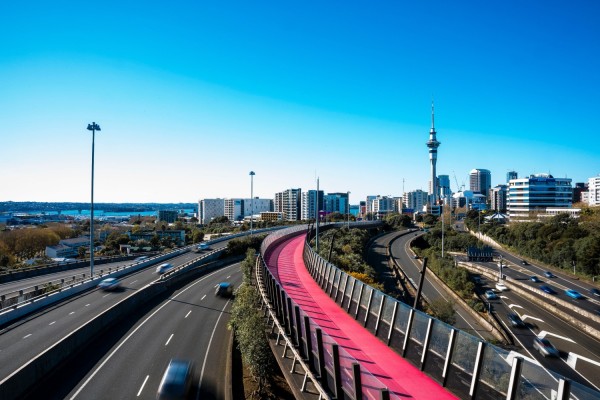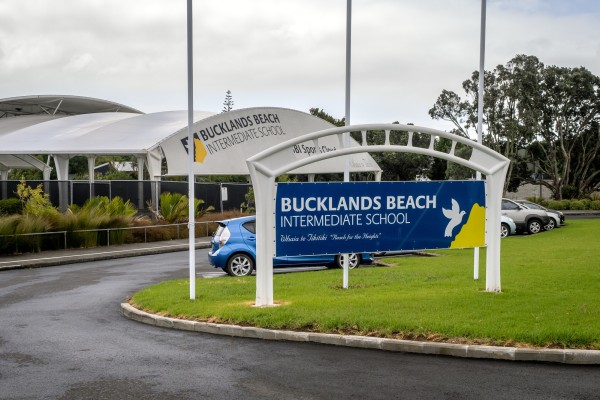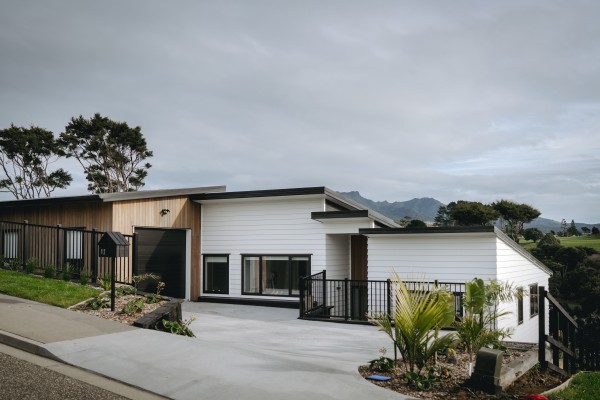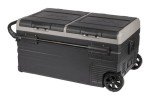An Engineer's Complete Guide to Moving to New Zealand
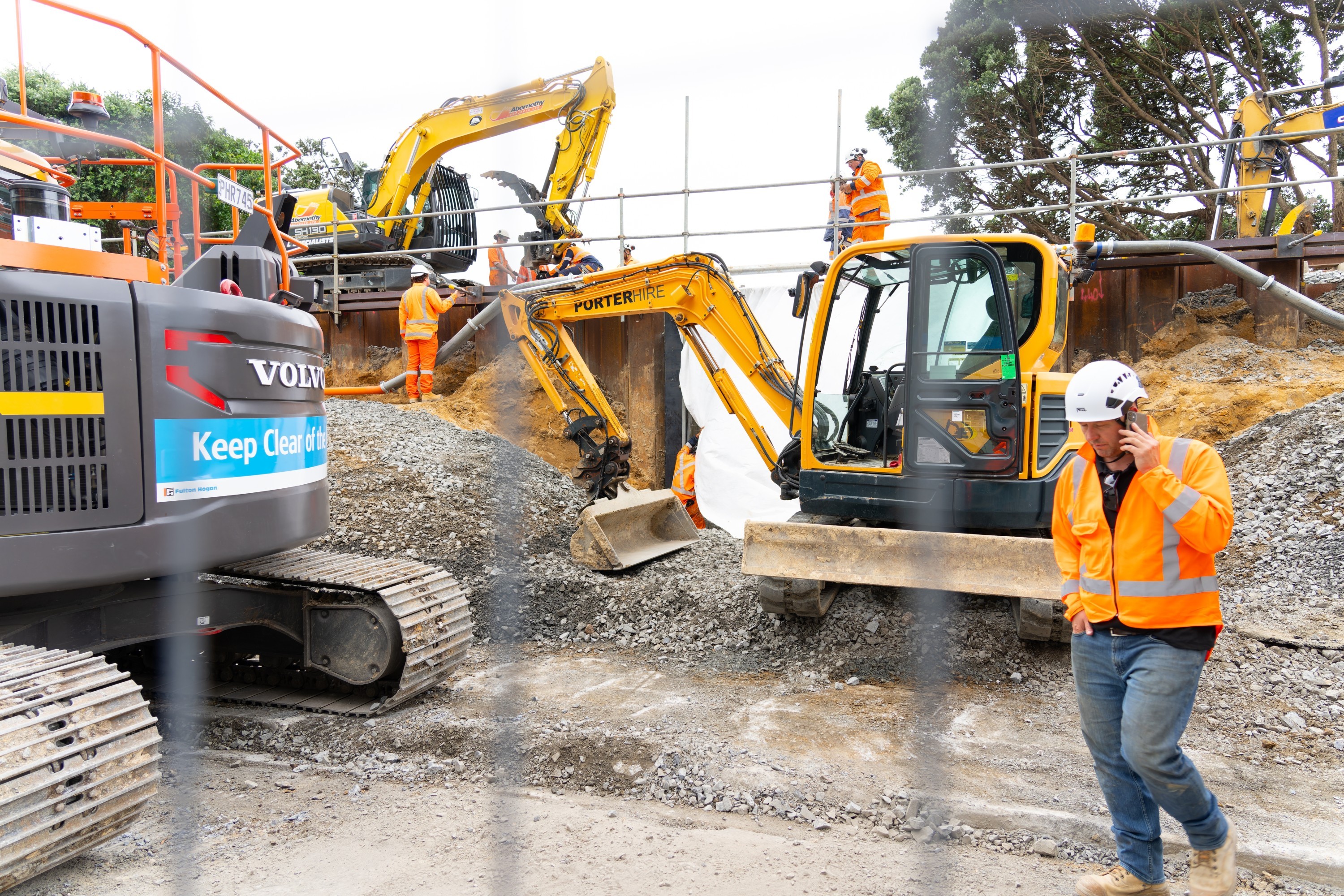
New Zealand has a high demand for engineers across a wide range of sectors. From infrastructure to manufacturing, there are a lot of ways that engineers can apply their skills to our country.
Why New Zealand needs engineers
Engineering is just one of the sectors that are currently affected by skill shortages in New Zealand.
There just aren’t enough engineers graduating each year to fill the number of roles. To help fill the gap, the New Zealand government has made it easier for qualified engineers from overseas to gain residency here.
Many engineering roles are on the Green List. This means if you have an engineering qualification, you are not only eligible for a work visa, but you are also eligible for residency in New Zealand.
What industries can I work in as an engineer?
Many different industries are looking for qualified engineers in New Zealand.
Civil and Infrastructure Engineering
Transport and Roads:
New Zealand is investing heavily in transportation infrastructure, including road expansions, bridges, tunnels, and railways.
Water and Wastewater Management:
With aging water infrastructure in many major centres, there’s a need for engineers who specialise in water supply, wastewater treatment, and stormwater systems.
Earthquake Resilience:
Given New Zealand’s location on the Pacific Ring of Fire, civil and structural engineers are needed to make buildings, bridges, and infrastructure earthquake-resistant.
Environmental Engineering

Sustainable Development:
Environmental engineers are needed to support projects focused on sustainable development, waste reduction, and recycling initiatives.
Climate Resilience:
Engineers in this field work on projects that protect against coastal erosion, flooding, and other climate-related impacts, aligning with New Zealand’s focus on sustainability.
Energy and Utilities Engineering
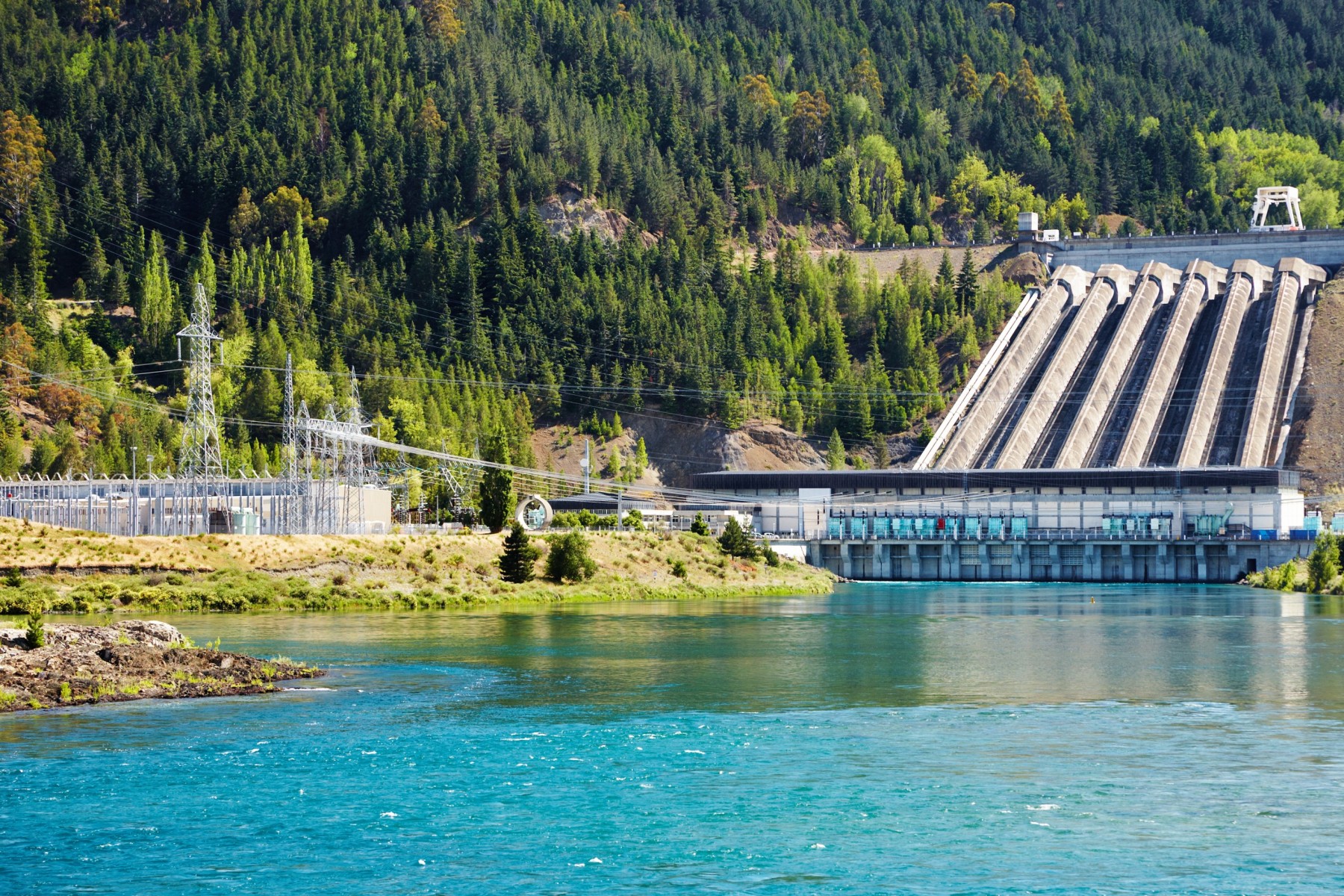
Renewable Energy:
Engineers specialising in wind, solar, hydro, and geothermal energy are in high demand as New Zealand aims to increase its reliance on renewable energy sources.
Electricity Networks:
Electrical engineers are needed to manage and upgrade the electricity grid to ensure stability and efficiency, particularly as more strain is put on the power grid and existing infrastructure is aging.
Construction and Building Services
Urban Development:
Construction engineers and building service engineers play an important role in new housing developments, high-rise buildings, and public infrastructure.
HVAC and Building Systems:
Mechanical engineers who specialise in heating, ventilation, and air conditioning (HVAC) systems are in demand for both commercial and residential projects.
Manufacturing and Industrial Engineering
Food Processing:
New Zealand’s agriculture and dairy industries require engineers in manufacturing, process engineering, and quality control for food production and packaging.
Automation and Robotics:
Industrial engineers are needed to implement automation systems and optimise manufacturing processes across a number of industries.
Agriculture and Agritech
Agricultural Engineering:
Engineers specialising in agricultural technology work on developing efficient farming equipment, precision farming techniques, and systems that support sustainable agriculture. Agriculture and Agritech are large employers in New Zealand.
Biotechnology and Genetics:
Engineers in these areas contribute to innovations in crop production, livestock breeding, and other biotechnology applications.
Qualifications needed to work as an engineer in New Zealand
To work as an engineer in New Zealand, you’ll need to have your overseas qualifications assessed to ensure they meet the standards of the New Zealand engineering industry.
Here’s what’s involved:
Assessment of Qualifications
If you hold an engineering degree from an internationally recognised institution or a country affiliated with the Washington Accord, your qualifications will likely be accepted in New Zealand. The Washington Accord is an agreement between engineering bodies worldwide that recognises certain qualifications as equivalent.
Washington Accord Countries:
If your engineering degree is from a Washington Accord country (e.g., the United States, Canada, the UK, or Australia), your degree is typically accepted in New Zealand without further study.
Non-Accord Countries:
If your degree is from a non-Accord country, you may need to do an individual assessment through Engineering New Zealand to ensure your qualifications meet New Zealand standards.
Pathways to Residency and Employment
As an engineer, you have two primary pathways to secure residency and employment in New Zealand:
Job Offer Pathway
Engineers can apply directly to New Zealand employers for jobs that align with their specialty. Once you have a job offer in an eligible engineering role, you may qualify for either a Straight to Residence Visa or a Work to Residence Visa, depending on the job type and skill level.
Straight to Residence Visa:
This is available for many engineering roles on the Green List. It means you can apply for residency almost immediately - as long as you have a qualifying job offer.
Work to Residence Visa:
This visa allows you to work in New Zealand with the opportunity to apply for permanent residency after two years.
Further Study Pathway
If your qualifications do not meet New Zealand standards, there are still ways you can work as an engineer in New Zealand. You can consider enrolling in a relevant New Zealand qualification programme.
New Zealand universities and institutions offer postgraduate diplomas and master’s programmes in engineering, which can help you gain New Zealand-recognised credentials. Once qualified, you’ll be eligible to register with Engineering New Zealand and apply for relevant engineering roles.
How do I register as an engineer in New Zealand?
If you’re an overseas-trained engineer looking to register in New Zealand, follow these steps:
Membership with Engineering New Zealand
To work as a professional engineer in New Zealand, you’ll generally need to become a member of Engineering New Zealand, the professional body that assesses and accredits engineers.
Membership levels vary, with Chartered Professional Engineer (CPEng) being the most recognised certification. This certification can enhance your job prospects and may sometimes be required by employers.
-
Find out more about becoming a member here.
Apply for an Assessment of Qualifications
Submit your qualifications to Engineering New Zealand for an assessment. This process evaluates your education and experience to determine whether they meet the requirements for New Zealand’s engineering standards.
- Find out more about applying here.
Why move to New Zealand to become an engineer?
The country is known for its beautiful landscapes and work/life balance, but moving to New Zealand as an engineer could also be great for your career.
There is a high demand for engineers
With so much demand for engineers in New Zealand, there are more roles for applicants to apply for. Whether you want to explore new job roles or grow your career, many roles come with competitive salaries and good job security.
You can work on diverse and important projects
New Zealand has a wide range of important projects on the go at any given time. With a focus on earthquake resilience, renewable energy projects, and agricultural and tech innovation, there’s a wide variety of work to suit different interests and specialties.
There is a commitment to sustainability
New Zealand has a strong focus on sustainability and environmental responsibility. Engineers are needed to drive sustainable projects, such as clean energy development, waste reduction, and conservation initiatives. For those interested in environmental impact, New Zealand is a great place to make a difference.
Gain access to professional development and recognition
Engineering New Zealand offers pathways for professional development and registration, such as the Chartered Professional Engineer (CPEng) designation, which is recognised internationally.
The lifestyle and work-life balance
Of course, we couldn’t go past the lifestyle and work-life balance. While engineers work hard in New Zealand, you’ll also have access to its incredible landscapes, outdoor activities, and high quality of life. Plus, you’ll get four weeks guaranteed days off a year plus sick days and public holidays (or paid time in lieu, depending on your job role).
You can gain permanent residency
New Zealand has two residency pathways specifically for engineers on its Green List, which means that qualified engineers interested in settling here for the long-term can do so more easily. If you have a family or would like to start one, New Zealand is a great place to do it.
How much do engineers earn in New Zealand?
According to Seek, New Zealand’s biggest job search platform, the average engineer makes between NZ$80,000 and NZ$100,000.
Some industries pay higher rates than others. The top six industries all have average salaries of over NZ$93,000.
-
Information & Communication Technology: NZ$121,399
-
Mining, Resources & Energy: NZ$112,394
-
Manufacturing, Transport & Logistics: NZ$102,067
-
Science & Technology: NZ$99,425
-
Government & Defence: NZ$94,611
-
Engineering: NZ$93,521
What do our customers say?




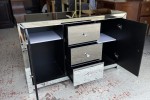
For every (wise)move







